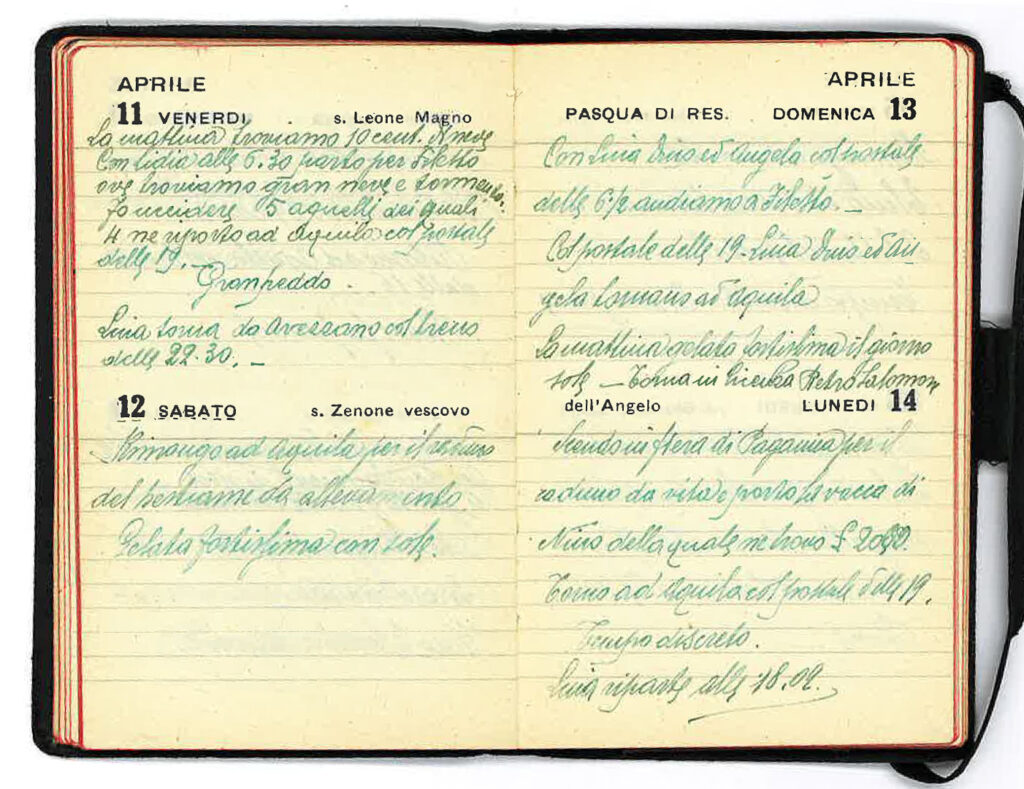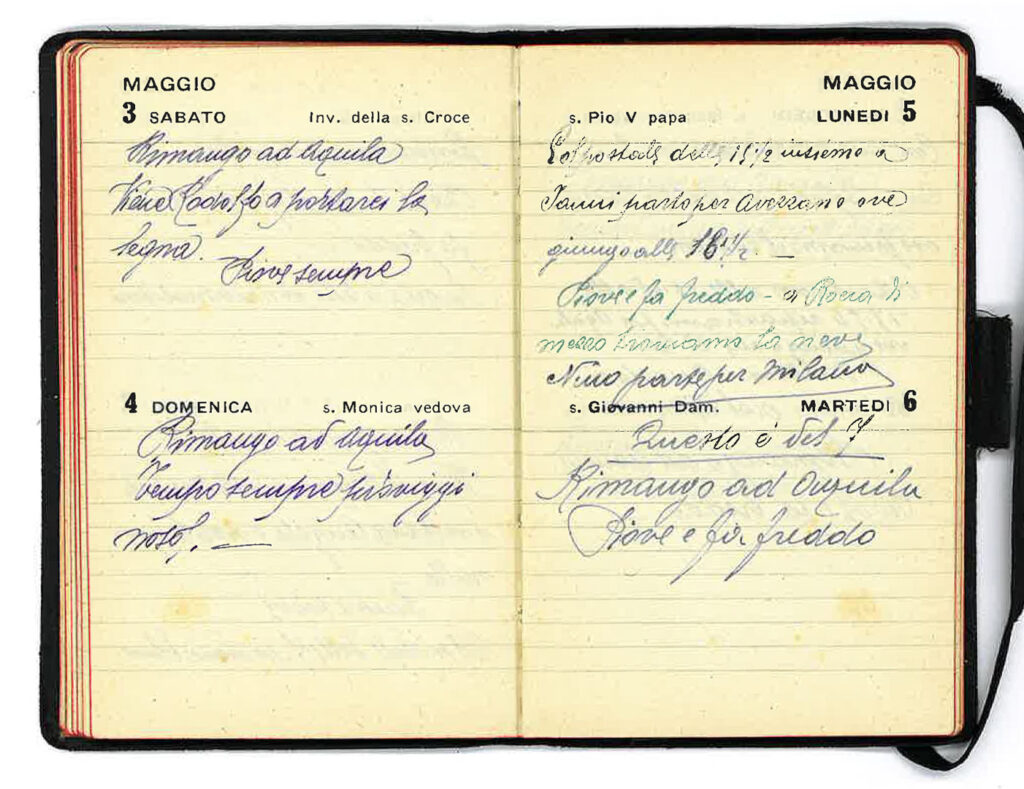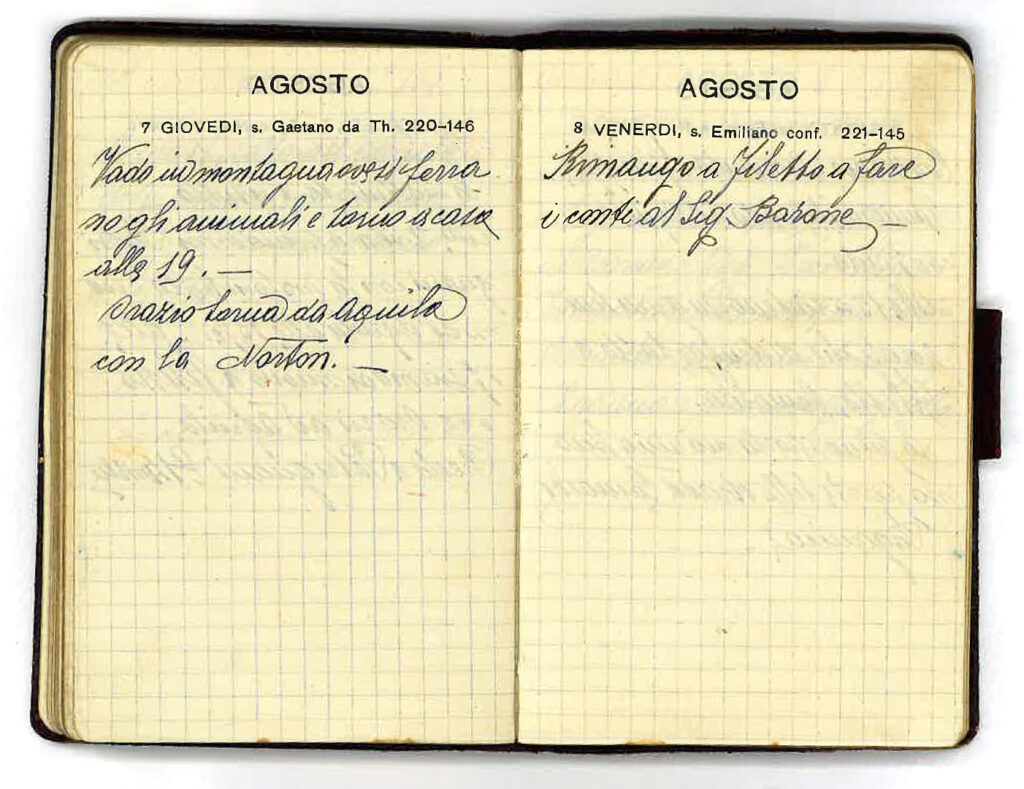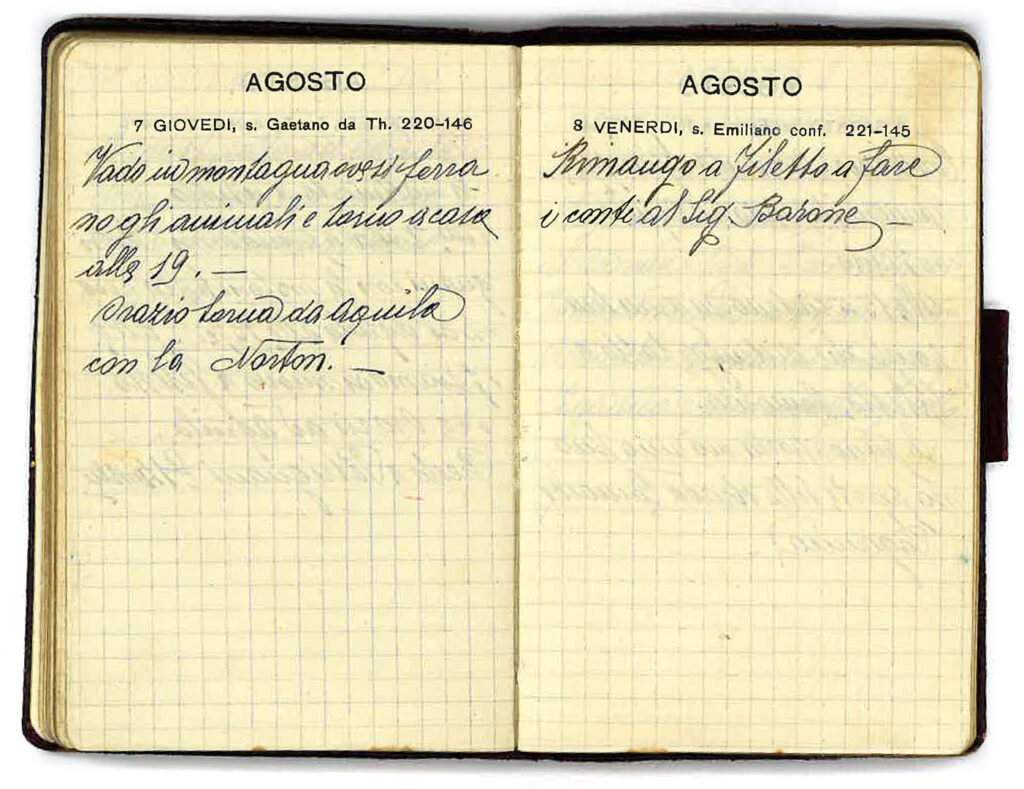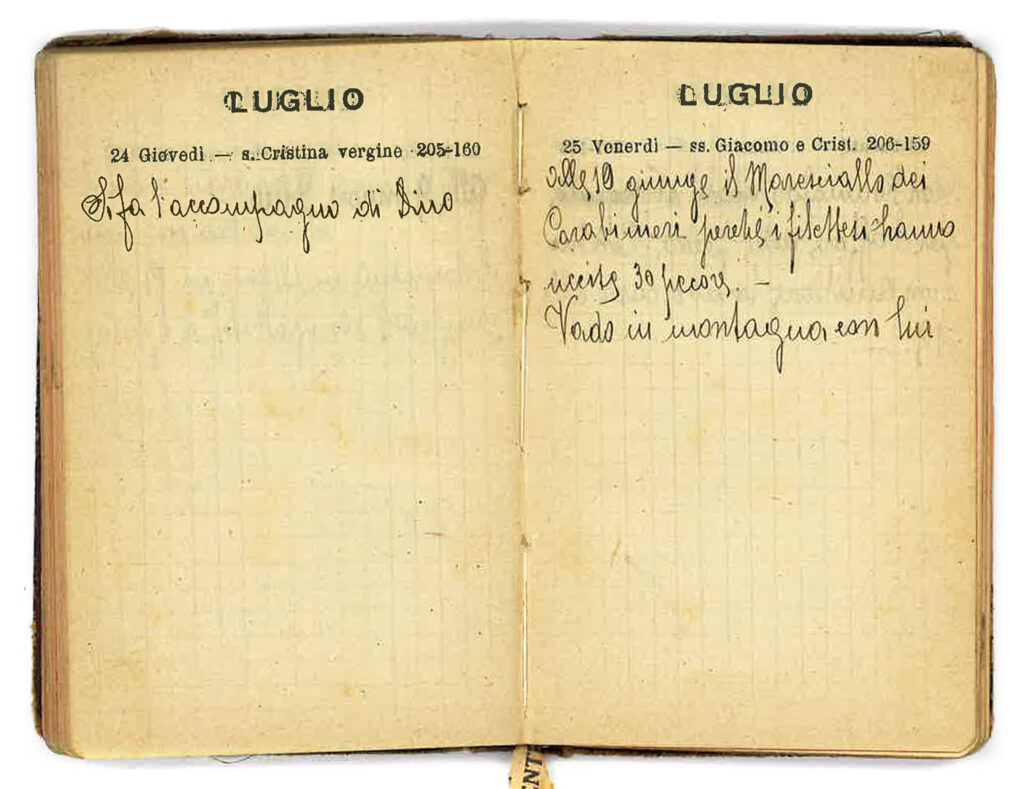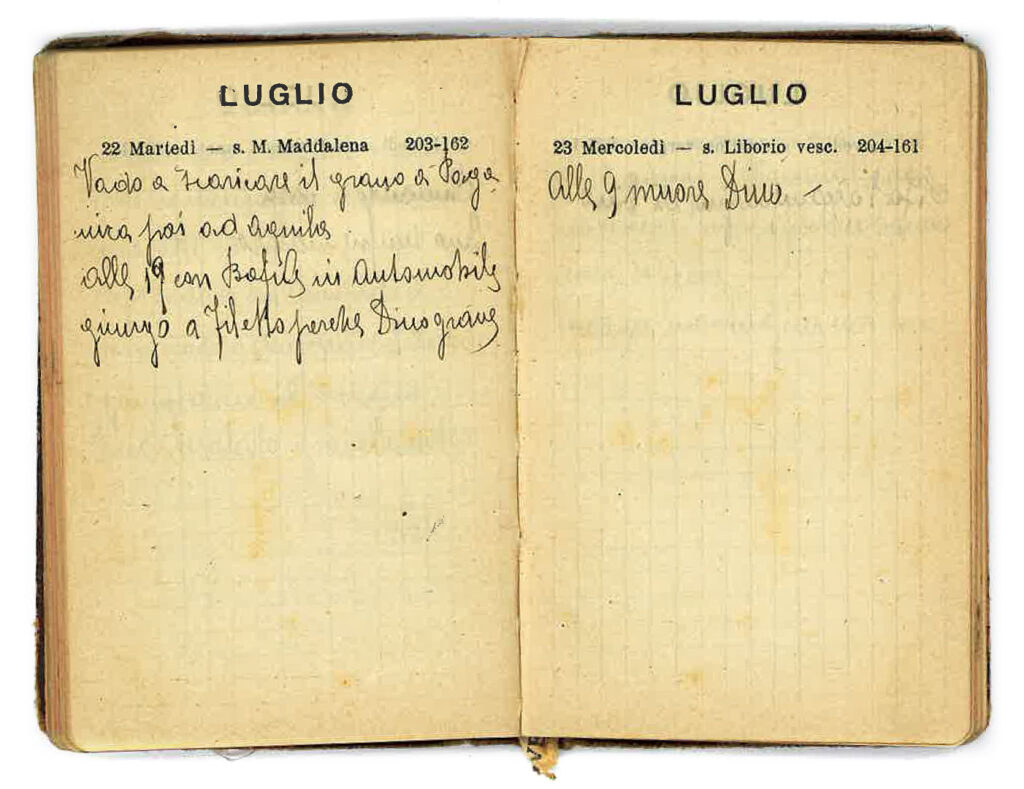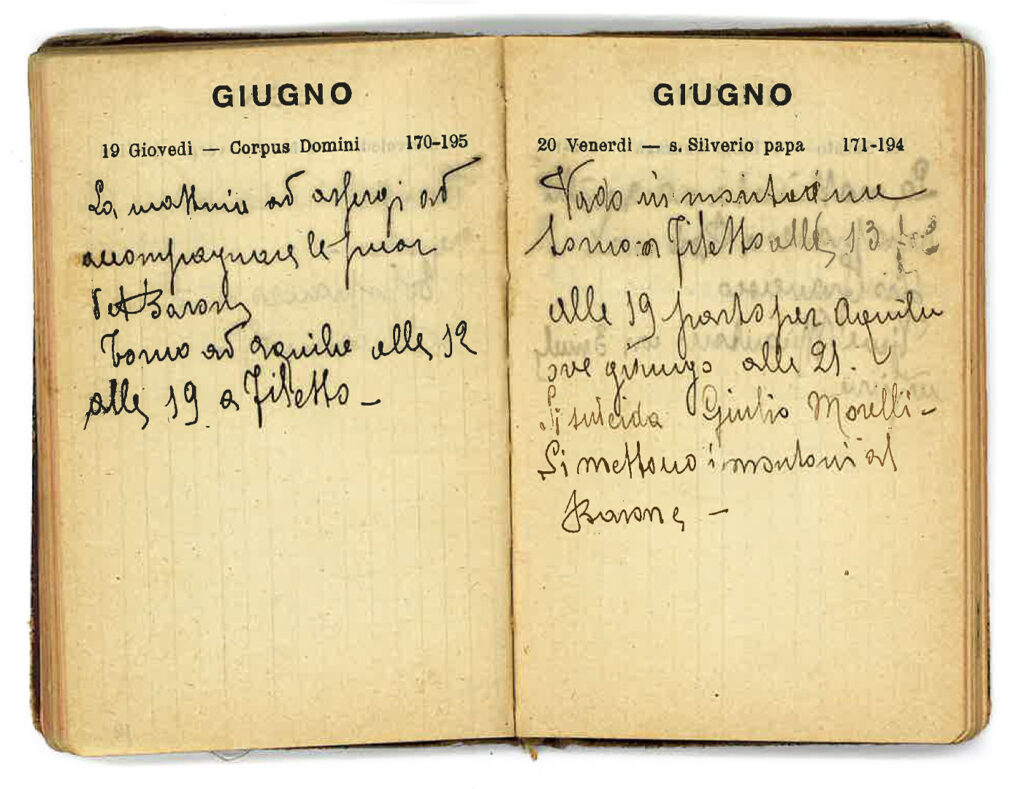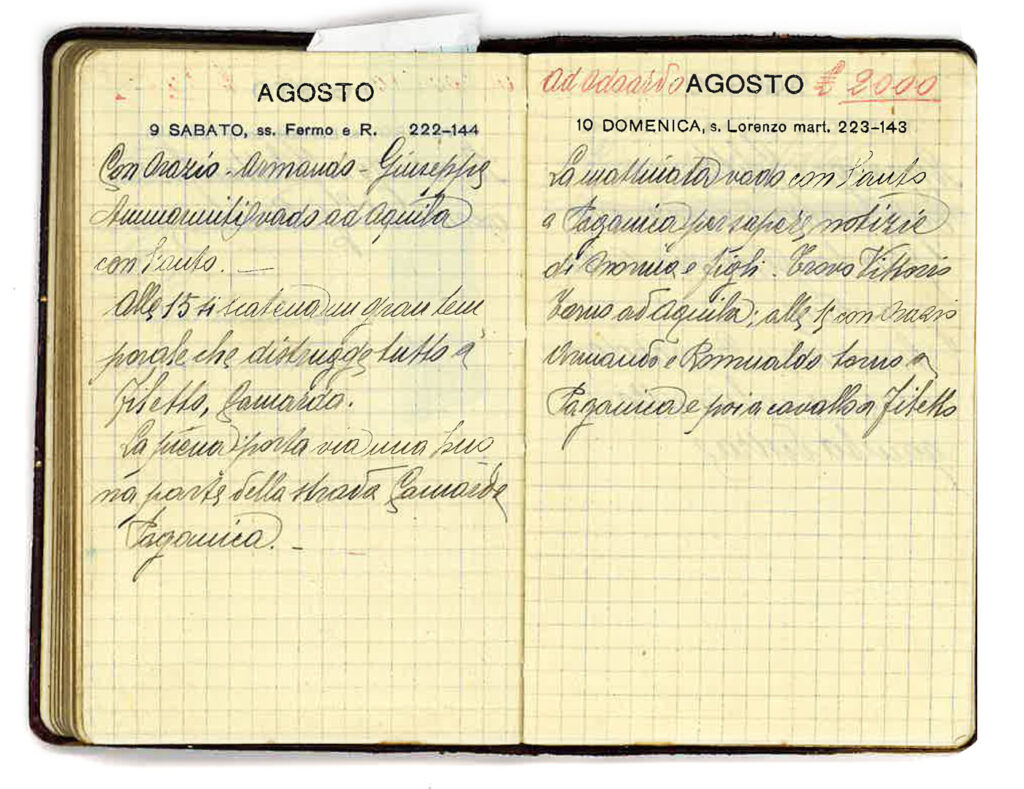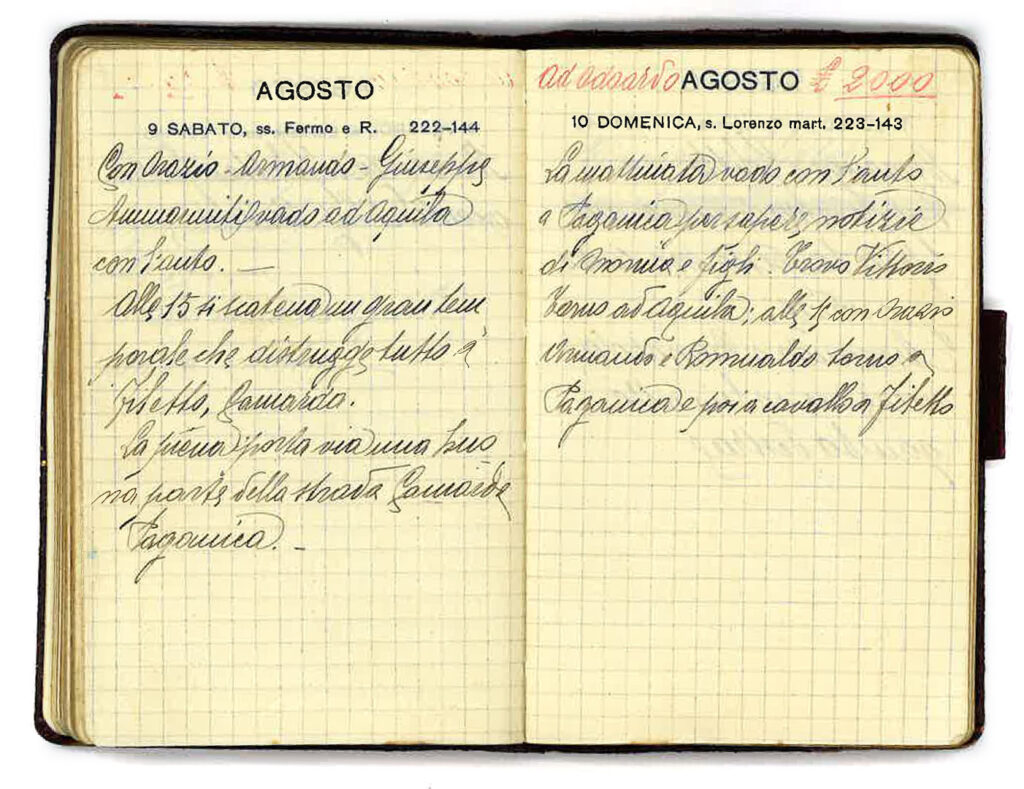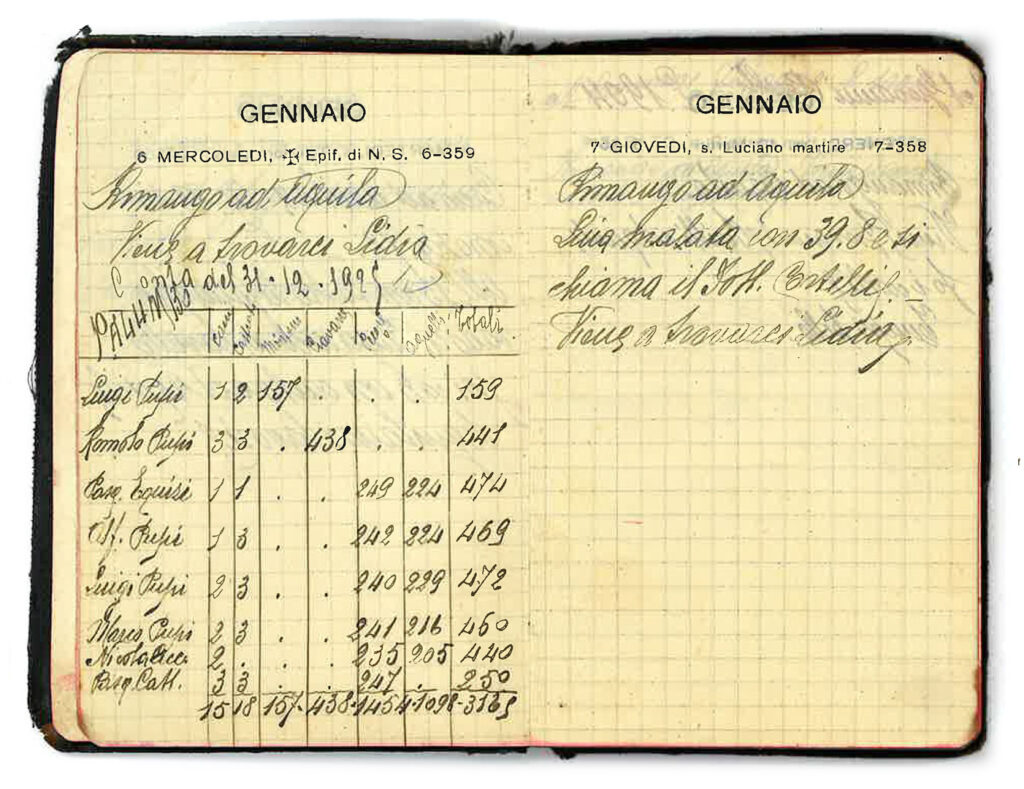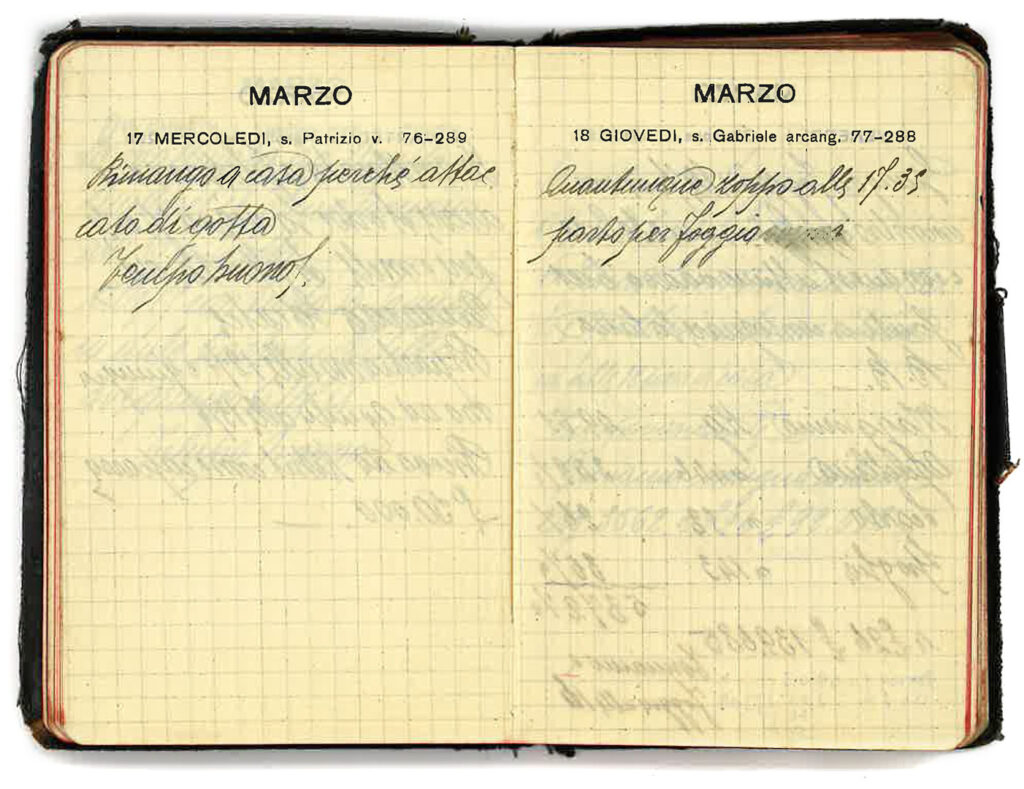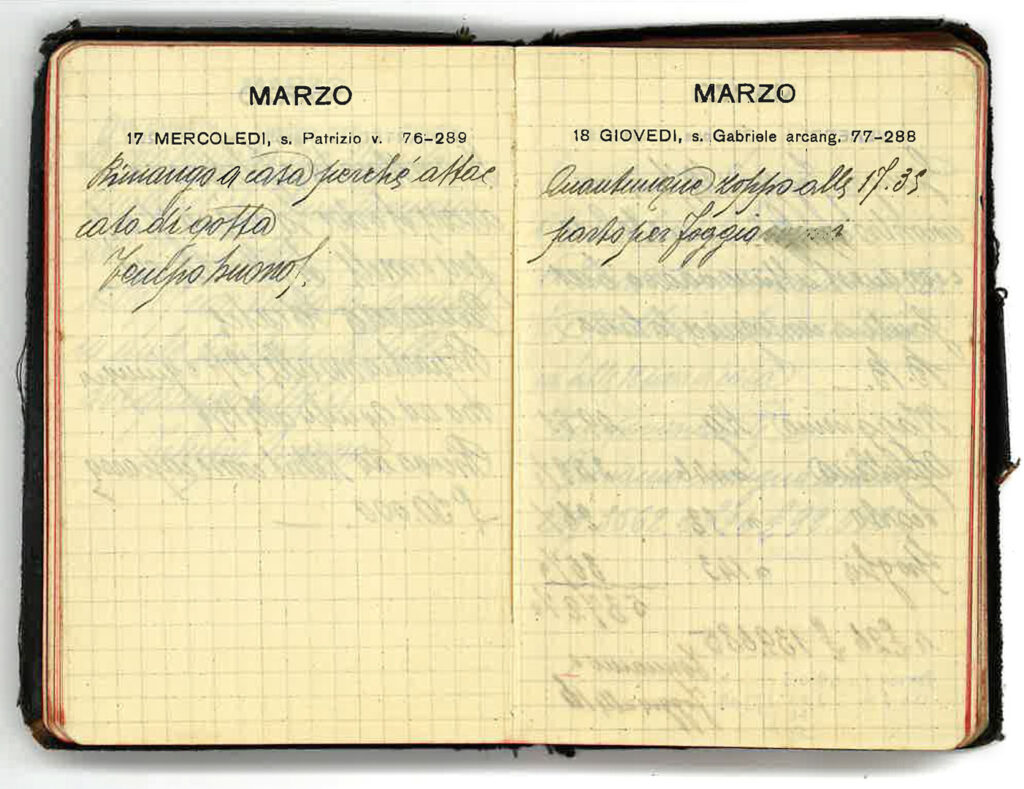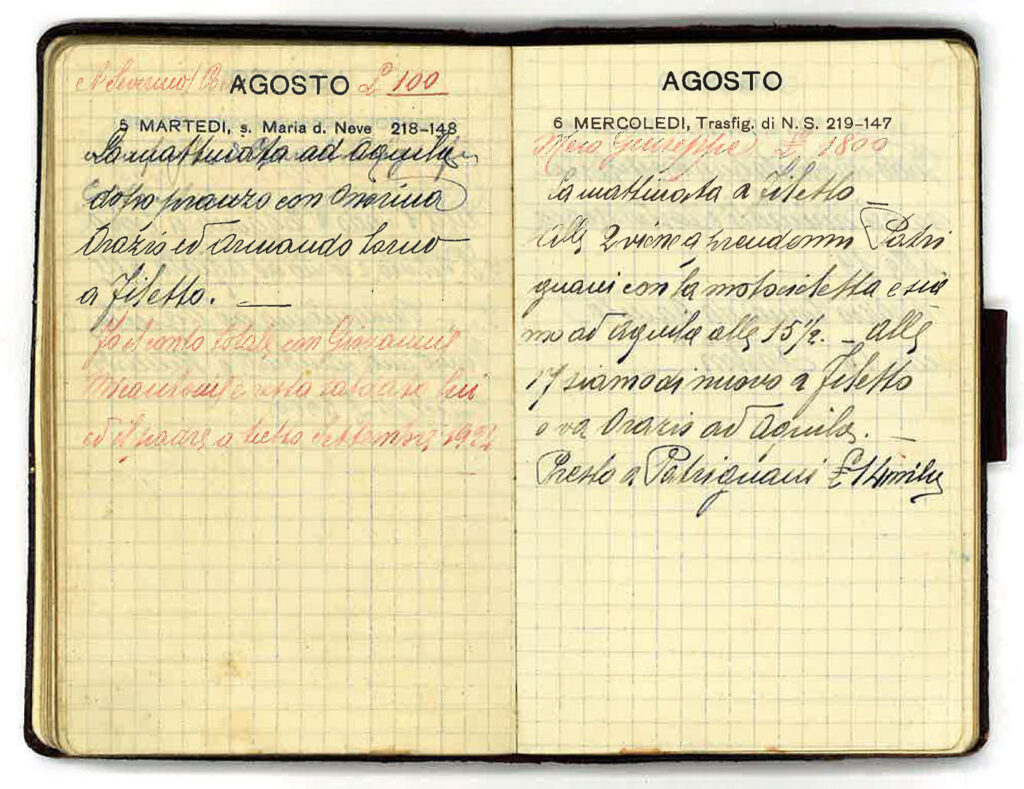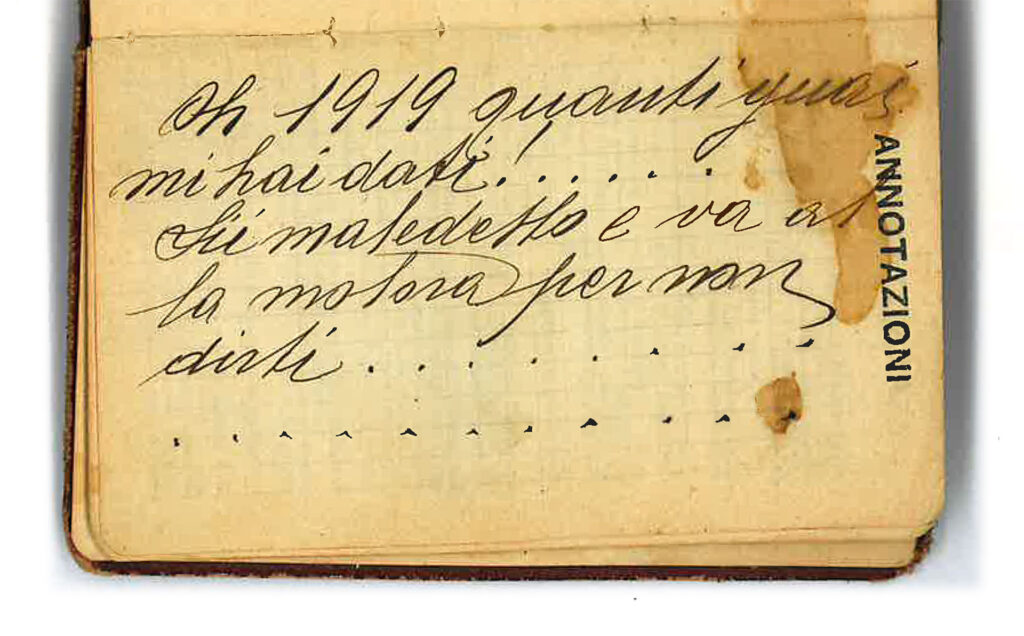DESKTOP – STORIA
HISTORY
Dal 1664 ad oggi.
1664
Tullio Falconio
Tullio Falconio, an important businessman, comes to L’Aquila da Leonessa as Captain of the Grascia. His, in the medieval statutes, is a leading role. In fact, the officers of the Grascia were entrusted with the superintendence of supplies, with the task of supervising the markets, retail prices, weights and measures.
Once in the city, Falconio had his family palace built on the street which would be called Via del Falco in his honour. In the following years, his influence grows and Falconio, who will boast the title of Baron, buys lands, fortresses and possessions.
1703
The great earthquake
The morning of February 2, 1703 is the feast of Candlemas and the churches are packed. The “great earthquake” hits the city destroying it. The Palazzo dei Falconio is “intact” after the earthquake, according to what is reported in the numbering of the “fires” of 1712. It also appears that in the following years the Falconio will host small artisans and laborers in their houses, who had their house damaged following the earthquake.
1913
Antonio Palumbo
In 1913 a rich landowner bought the Palazzo in via del Falco. Antonio Palumbo is what today we would call a successful entrepreneur: he owns thousands of sheep, produces cheese and wool, has a flair for business and over time has set up a company that employs several families. The purchase of the building in the city center is a consecration for him and for his family, originally from the town of Filetto. In his diaries, Palumbo notes year by year sales, revenues and everything related to the family ménage. He travels constantly to follow his business from Filetto to L’Aquila and from there to Puglia where all his flocks move in the winter for the traditional transhumance.
1919
The deserted auction
Until in 1919, despair over a family bereavement joins a sudden financial meltdown. His venture fails and the Palace goes up for auction. But the L’Aquila, respectful of the character’s stature, do not take advantage of his moment of bad luck. The auction goes deserted and Antonio manages, in a short time, to recover the money needed to buy back the building, which in this way reaches us. Antonio Palumbo will be one of the martyrs of Filetto. At the age of 65, he was killed in cold blood by the German SS who had come to the village to carry out a terrible war retaliation: the victims will be 17 in total.
2009
A new earthquake
On April 6, 2009, in the middle of the night, history repeats itself and L’Aquila is hit again by a devastating earthquake. In that single night, 309 people died.
The city center is devastated. The Palace suffers considerable damage but still allows all the people who live there to get out alive.
2012 – 2017
The restoration
The restoration and anti-seismic consolidation works began in 2012 and ended 5 years later. The Palace returns to its former glory thanks to a careful and effective renovation of its historical value by the Superintendence for Cultural Heritage of L’Aquila.
2022
The fourth generation
In 2022 the descendants of Antonio Palumbo return to live in the Palazzo in Via del Falco. The fourth generation of owners embarks on the entrepreneurial project to make their wing of the Palazzo a location open to the city and the world, to do justice to its history and its art.
DESKTOP – GALLERY
Antonio Palumbo diaries. 1919-1926
MAP
DESKTOP – CONTATTACI

